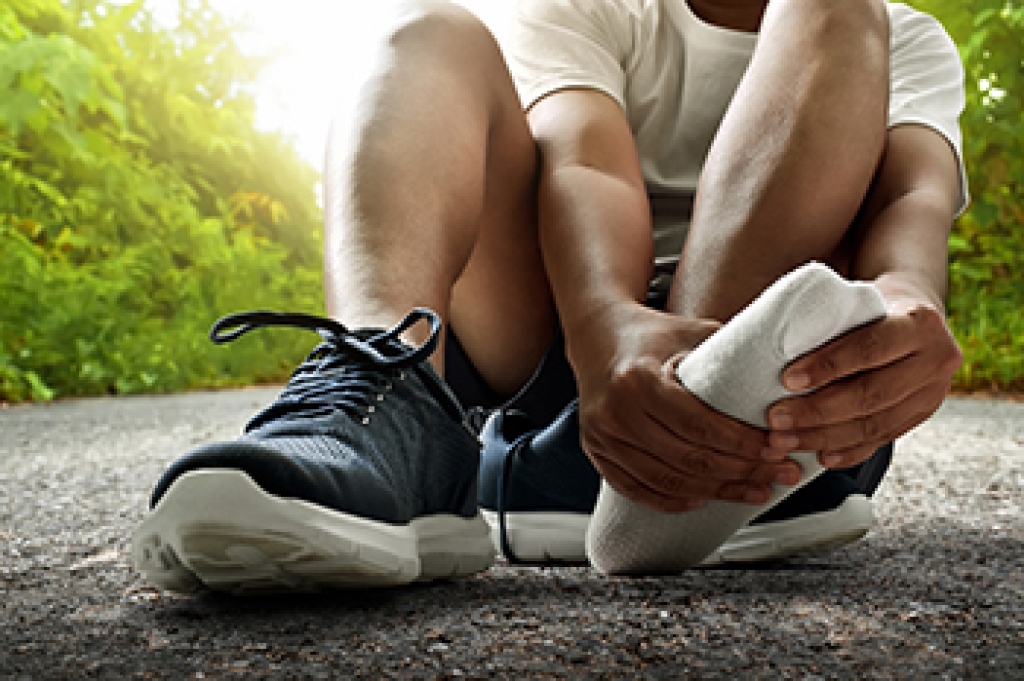
Preventing common running injuries begins with understanding the complexity of the feet. With 26 bones, 33 joints, and a network of muscles, tendons, and ligaments, any injury to these structures can disrupt running routines. Feet act as shock absorbers, important for runners who cover substantial distances, making them susceptible to overuse injuries. Common foot injuries like plantar fasciitis, stress fractures, and Achilles tendonitis often occur due to repetitive stress and poor biomechanics. Factors like wearing improper footwear, overtraining, and inadequate stretching can exacerbate these issues. To mitigate the risk of injury, runners should prioritize proper footwear, gradually increase mileage, and incorporate strength training and flexibility exercises into their routines. Regularly assessing and addressing risk factors such as muscle imbalances and biomechanical abnormalities is critical for injury prevention. If you would like personalized advice and treatment regarding running and injuries that can be sustained, it is suggested that you schedule an appointment with a chiropodist for an evaluation and consultation.
Although running is a wonderful exercise to keep you in shape, it can wreak havoc on your feet and ankles if you don’t take preventive measures. If you have sustained a foot and ankle injury from running, please consult with one of our chiropodists from West Toronto Foot & Ankle Clinic Inc. . Our chiropodist can help you maintain the health of your lower limbs and your mobility.
Some common running injuries include:
- Achilles tendonitis
- Shin splints
- Ankle sprains
- Stress fractures
- Plantar fasciitis
- Bursitis
What causes injuries?
These injuries are usually caused by overtraining, wearing the wrong shoes, running on hard surfaces, having tight and inflexible muscles, or having biomechanical issues in the feet or ankles.
What can I do to prevent injuries?
- Train slowly and gradually
- Give yourself plenty of time to recover following a run
- Wear shoes that fit properly and support your foot
- Avoid running on hard surfaces, like concrete
- Stretch and strengthen the muscles of your lower legs
- Warm-up prior to a run
- Have your gait analyzed and your feet examined by a chiropodist to determine if there are any biomechanical problems that need to be treated
If you have any questions please feel free to contact our office located in Toronto, ON .
